The Best Productivity Apps for Mac in 2025
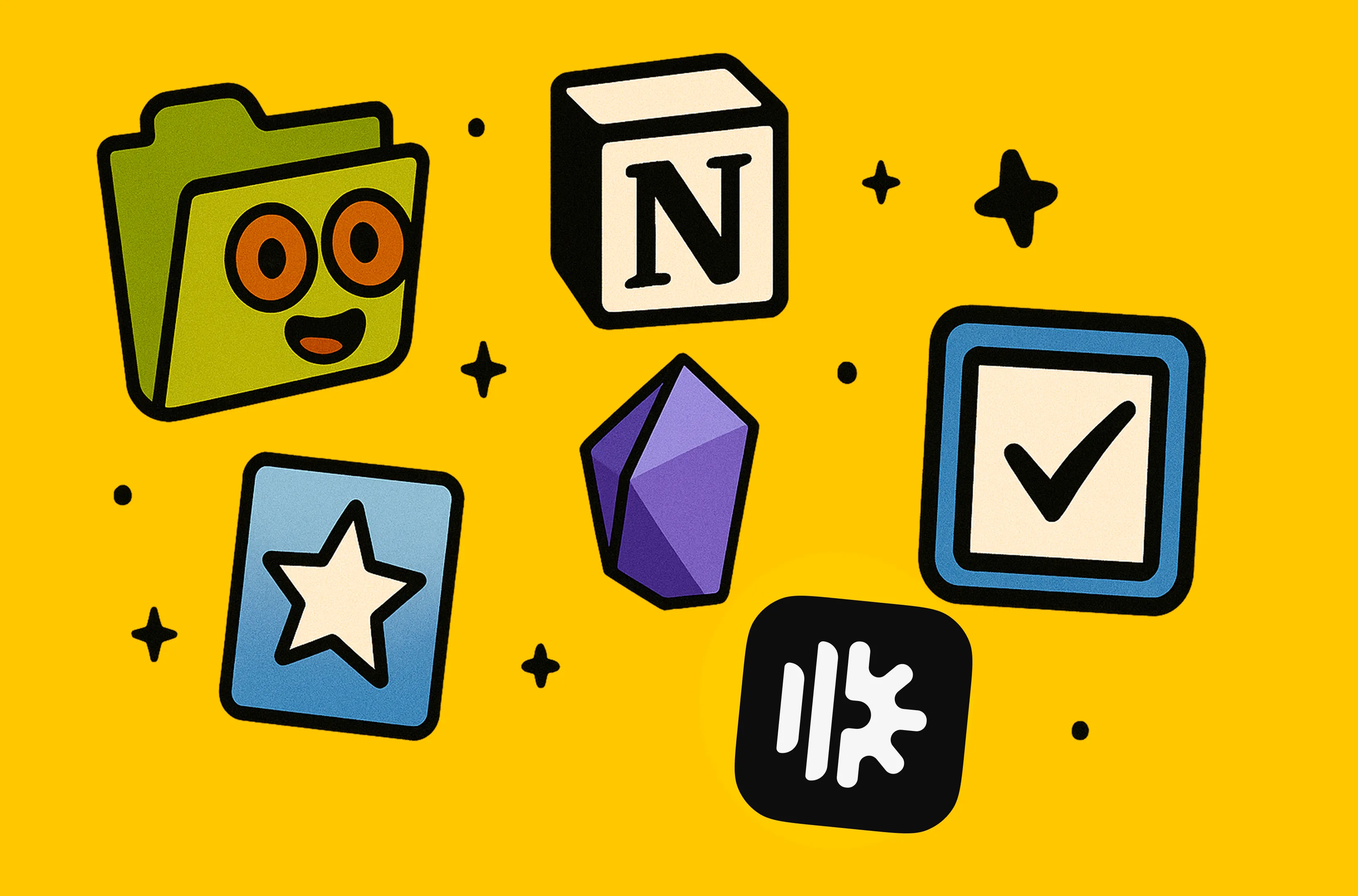
Building the Ultimate Mac Productivity Stack
The Mac has always been the platform of choice for productivity enthusiasts, but with hundreds of apps available, choosing the right combination can be overwhelming. After testing dozens of productivity tools and studying how top performers organize their digital lives, we've identified the 5 essential apps that form the perfect productivity ecosystem.
This isn't just a list of popular apps—it's a strategic framework for building a productivity system where each tool amplifies the others, creating capabilities that exceed what any single app can provide.
Why These 5 Apps Work Better Together
Most productivity advice tells you to find one app that "does everything." But the most productive Mac users know the secret: specialized tools that integrate seamlessly create a more powerful system than any all-in-one solution.
Each app in our stack excels at one core function:
- File management and organization (Tokie)
- All-in-one workspace and databases (Notion)
- Knowledge management and note-taking (Obsidian)
- Learning and memory systems (Anki)
- Task management and project planning (Things 3)
Together, they create a productivity system that handles everything from daily tasks to long-term knowledge building, with each app strengthening the others.
1. Tokie - The Organizational Foundation
What it does: Transforms your Mac's file system into a powerful, searchable database with custom metadata, advanced filtering, and project-based organization.
Why it's essential: While other apps manage content within their own ecosystems, Tokie organizes the files and assets that every other productivity app needs. It's the foundation that makes everything else work better.
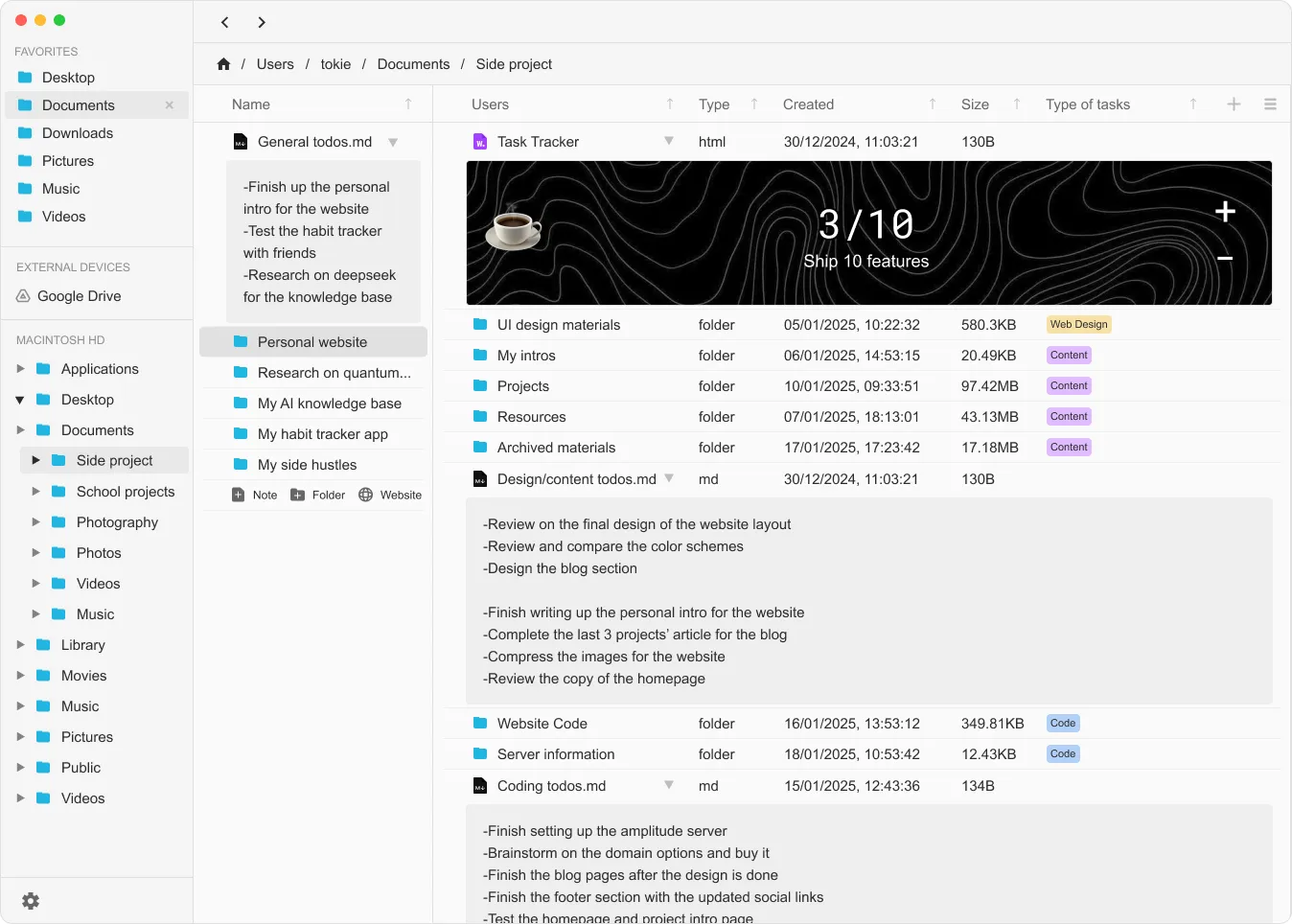
Key Features:
- Custom fields that turn folders into databases
- Advanced filtering to find anything instantly
- Project-based organization that scales with complexity
- File tagging and metadata for sophisticated categorization
- Template systems for consistent project setup
How It Integrates with Your Productivity Stack:
With Notion: Store your Notion exports and backups in organized Tokie project folders. Use Tokie to manage the assets (images, documents, spreadsheets) that you reference in Notion databases.
With Obsidian: Create project folders in Tokie that contain both your Obsidian vault and all supporting materials (PDFs, research, media files). Link between systems using consistent naming conventions.
With Anki: Organize your learning materials, course resources, and study assets in Tokie before creating Anki cards. Use custom fields to track learning topics and progress.
With Things 3: Create project folders in Tokie that mirror your Things 3 project structure, storing all project assets in one searchable location.
Best Use Cases:
- Client project management with complete file organization
- Research projects with multiple file types and sources
- Creative workflows with assets, versions, and deliverables
- Knowledge management that extends beyond text-based notes
2. Notion - The All-in-One Workspace
What it does: Provides a flexible workspace combining notes, databases, wikis, and project management in one interconnected system.
Why it's on the list: Despite its limitations, Notion remains unmatched for creating structured databases and collaborative workspaces. The key is using it strategically rather than trying to force everything into it.
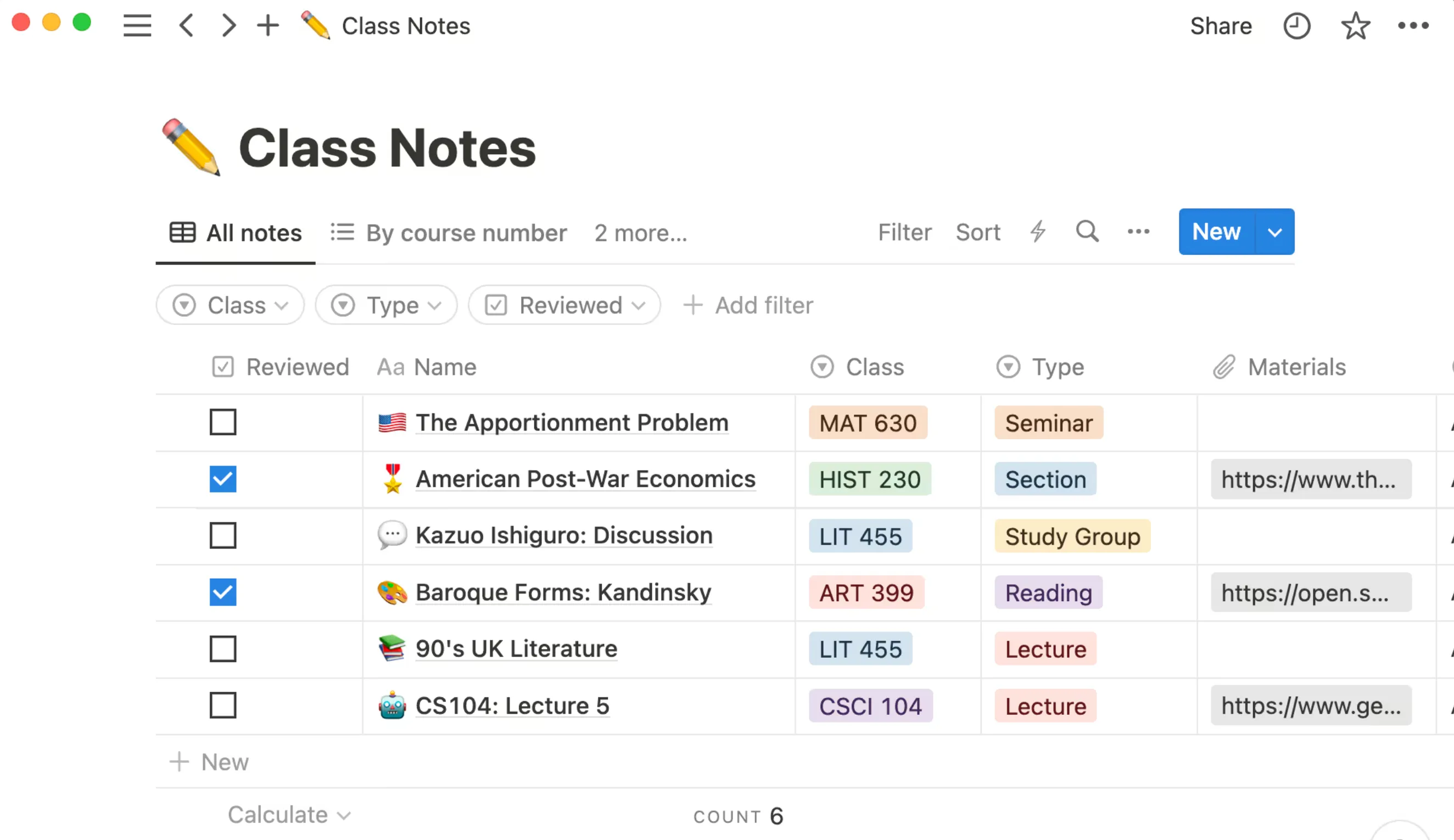
Key Features:
- Powerful database system with relations and rollups
- Template gallery for rapid setup
- Block-based editing for flexible content creation
- Collaboration features for team workflows
- API integration with other tools
Strategic Integration Approach:
With Tokie: Use Notion for structured data and collaboration, while Tokie handles file storage and organization. Export important Notion content regularly to maintain local backups in your Tokie system.
With Obsidian: Create bridge notes in Obsidian that link to important Notion databases and pages. Use Notion for collaborative projects and Obsidian for personal knowledge development.
With Anki: Transform Notion study notes into Anki flashcards. Use Notion's database features to track learning progress and study schedules.
With Things 3: Sync project information between Notion databases and Things 3 project areas. Use Notion for detailed project documentation and Things 3 for actionable task management.
Best Use Cases:
- Team collaboration and shared knowledge bases
- Content calendars and editorial workflows
- Client relationship management with structured data
- Project documentation that requires rich formatting
Notion Integration Workflow:
- Create projects in both Notion and Tokie with matching names
- Store structured data in Notion (contacts, schedules, progress tracking)
- Keep files and assets in Tokie (documents, images, deliverables)
- Cross-reference using consistent naming and linking conventions
- Regular exports to Tokie for backup and offline access
3. Obsidian - The Knowledge Engine
What it does: Creates a network of interconnected notes with powerful linking, search, and visualization capabilities for building a comprehensive knowledge base.
Why it's essential: While Notion excels at structured data, Obsidian excels at unstructured thinking and knowledge connections. It's where insights develop and ideas mature into actionable knowledge.
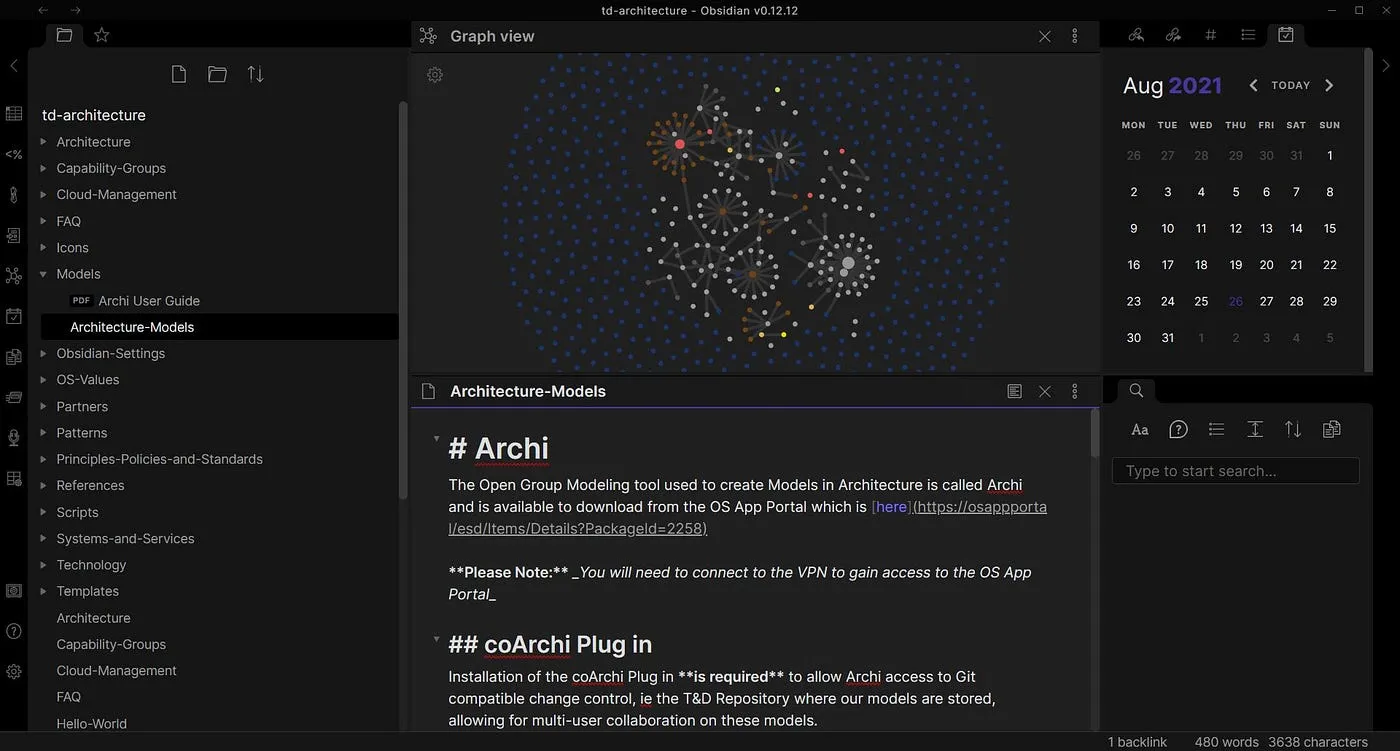
Key Features:
- Bidirectional linking between notes
- Graph visualization of knowledge connections
- Local file storage with complete data ownership
- Plugin ecosystem for extended functionality
- Fast search across all content
Integration Strategies:
With Tokie: Use Tokie to organize research materials, PDFs, and media files that support your Obsidian notes. Create project folders that contain both Obsidian vaults and related file assets.
With Notion: Reference Notion databases from Obsidian notes for collaborative projects. Use Obsidian for personal knowledge development and Notion for team-accessible information.
With Anki: Convert Obsidian insights into Anki flashcards for long-term retention. Use Obsidian's linking to create comprehensive study guides that become Anki learning sequences.
With Things 3: Create project notes in Obsidian that link to Things 3 project areas. Use Obsidian for capturing project insights and Things 3 for task execution.
Best Use Cases:
- Research and academic work with complex source materials
- Personal knowledge management and "second brain" systems
- Writing and content development with idea exploration
- Learning and skill development with connected insights
Obsidian Integration Workflow:
- Capture ideas and insights in daily notes
- Link to related concepts as knowledge develops
- Reference external files stored in Tokie folders
- Create learning sequences that become Anki cards
- Generate project insights that inform Things 3 planning
4. Anki - The Learning System
What it does: Implements spaced repetition algorithms to help you memorize and retain information efficiently over long periods.
Why it's powerful: While other apps help you capture and organize information, Anki ensures you actually remember what you learn. It's the difference between collecting knowledge and owning it.
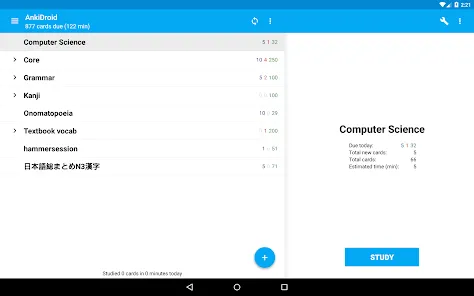
Key Features:
- Spaced repetition algorithm optimized for long-term retention
- Multimedia flashcards with images, audio, and video
- Powerful statistics for tracking learning progress
- Synchronization across all devices
- Add-on ecosystem for extended functionality
Integration for Maximum Learning:
With Tokie: Organize learning materials, course resources, and study guides in Tokie project folders. Use custom fields to track study topics, difficulty levels, and review schedules.
With Notion: Create study schedules and progress tracking in Notion databases. Export study materials from Notion to create Anki flashcards with proper source attribution.
With Obsidian: Transform your Obsidian knowledge notes into Anki cards for long-term retention. Use Obsidian's linking to create comprehensive study pathways that become systematic Anki reviews.
With Things 3: Schedule Anki review sessions in Things 3 to ensure consistent study habits. Use Things 3 to track learning goals and milestone achievements.
Best Use Cases:
- Language learning with vocabulary and grammar retention
- Professional development with industry knowledge and skills
- Academic study with facts, concepts, and methodologies
- Skill acquisition with technical knowledge and procedures
Anki Integration Workflow:
- Identify key concepts from your other productivity apps
- Create flashcards with proper source attribution
- Organize study materials in Tokie project folders
- Schedule reviews using Things 3 task management
- Track progress through Notion databases or Obsidian notes
5. Things 3 - The Execution Engine
What it does: Provides elegant, natural task management with project organization, scheduling, and GTD (Getting Things Done) methodology support.
Why it completes the stack: All the knowledge capture and organization in the world doesn't matter if you can't execute. Things 3 transforms your insights and plans into completed actions.
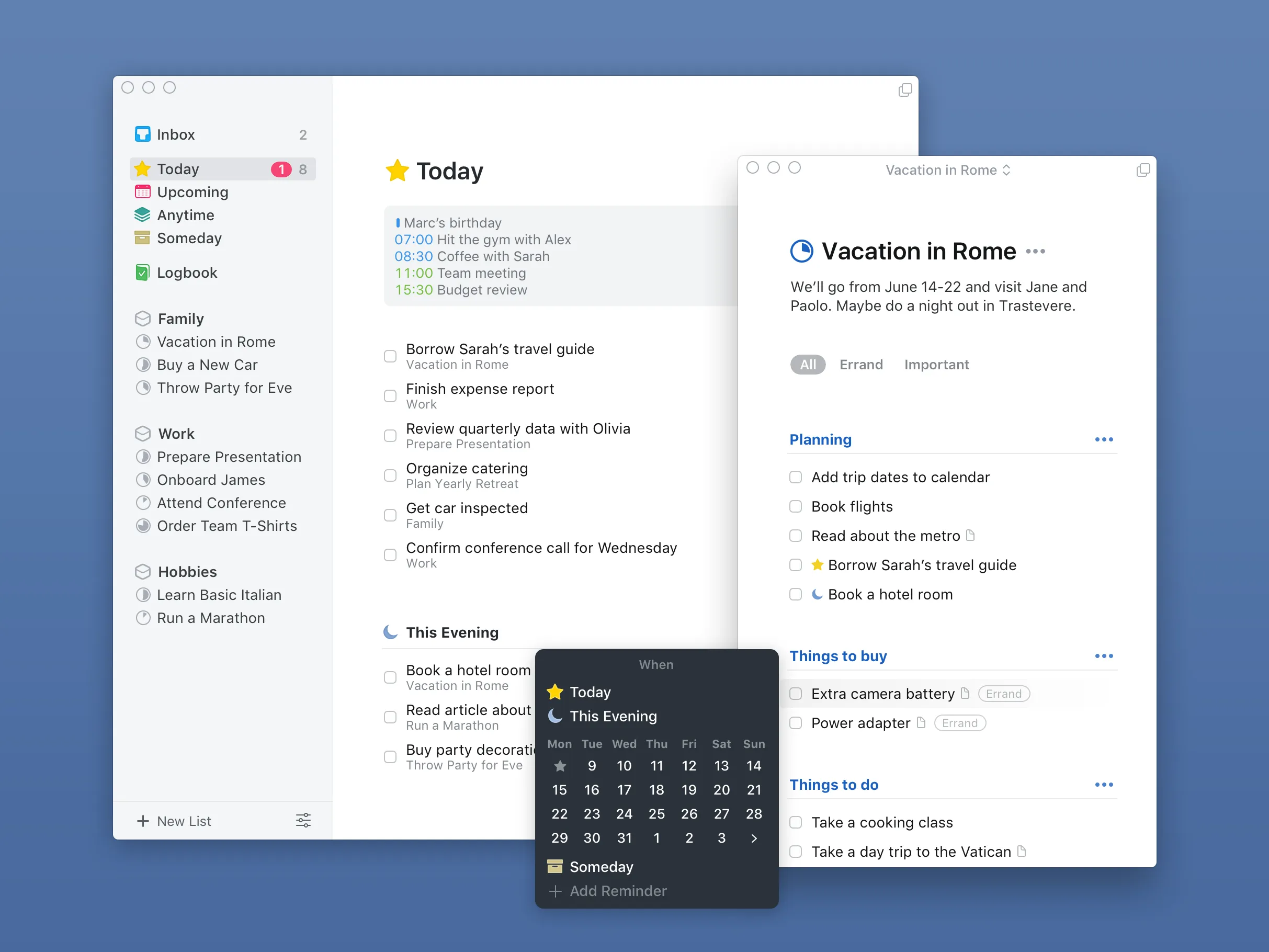
Key Features:
- Natural language input for quick task capture
- Project and area organization following GTD principles
- Powerful scheduling with flexible date handling
- Quick entry from anywhere on your Mac
- Beautiful, distraction-free interface
Execution Integration:
With Tokie: Create project folders in Tokie that mirror your Things 3 project structure. Store all project assets and resources in Tokie while tracking actions in Things 3.
With Notion: Reference Notion databases for project context while using Things 3 for actionable tasks. Create handoff workflows between collaborative planning (Notion) and personal execution (Things 3).
With Obsidian: Capture project insights and next actions in Obsidian, then transfer actionable items to Things 3. Use Obsidian for project reflection and Things 3 for project execution.
With Anki: Schedule regular Anki review sessions in Things 3 to maintain learning momentum. Use Things 3 to track learning goals and study habits.
Best Use Cases:
- Personal project management with complex, multi-step workflows
- GTD implementation with natural capture and organization
- Habit tracking and routine development
- Goal achievement with milestone planning and progress tracking
Things 3 Integration Workflow:
- Capture tasks naturally using quick entry
- Organize by projects that match your other apps
- Schedule actions based on priorities and deadlines
- Reference supporting materials stored in Tokie
- Review and reflect using insights from Obsidian
Building Your Integrated Productivity System
The Setup Strategy: Start Simple, Scale Smart
Don't try to implement all five apps simultaneously. Here's the recommended implementation order:
Week 1-2: Foundation
- Start with Tokie to organize your existing files and projects
- Add Things 3 for immediate task management and action capture
Week 3-4: Knowledge Layer
3. Choose either Notion or Obsidian based on your primary need:
- Notion if you need collaboration and structured databases
- Obsidian if you prioritize personal knowledge management and linking
Week 5-6: Expansion
4. Add the other knowledge tool (Notion or Obsidian) for specific use cases
5. Implement Anki for any learning or skill development goals
Integration Principles
Consistent Naming: Use identical project names across all apps for easy cross-referencing.
Clear Boundaries: Define what types of content belong in each app to avoid duplication and confusion.
Regular Reviews: Schedule weekly reviews to maintain system health and identify optimization opportunities.
Backup Strategy: Use Tokie as your backup hub for content from cloud-based apps like Notion.
Advanced Integration Patterns
The Research Workflow
- Capture sources in Tokie with proper organization and metadata
- Take research notes in Obsidian with linking to related concepts
- Create structured databases in Notion for collaborative research projects
- Build flashcards in Anki for key facts and concepts
- Schedule research tasks in Things 3 with deadlines and milestones
The Content Creation Pipeline
- Organize assets and inspiration in Tokie project folders
- Brainstorm and outline in Obsidian with idea linking
- Create content calendars in Notion with collaboration features
- Learn new skills using Anki for technique and knowledge retention
- Manage deadlines and deliverables in Things 3
The Learning and Development System
- Organize course materials in Tokie with progression tracking
- Take and link learning notes in Obsidian for concept development
- Track progress and goals in Notion databases
- Retain key information using Anki's spaced repetition
- Schedule study sessions and practice time in Things 3
Why This Stack Beats Single-App Solutions
Flexibility Without Compromise
Each app excels at its core function without trying to be everything to everyone. You get best-in-class capabilities in each area of your productivity system.
Data Ownership and Portability
With local storage options (Tokie, Obsidian, Things 3) and export capabilities (Notion, Anki), you maintain control over your productivity system and data.
Scalability
As your needs grow, each app can scale independently. You can add complexity to knowledge management (Obsidian) without affecting task management (Things 3).
Future-Proofing
If any single app changes or disappears, your productivity system continues functioning. Your files remain organized in Tokie, your tasks in Things 3, and your knowledge in Obsidian.
Getting Started: Your Action Plan
Ready to build your ultimate Mac productivity system? Here's your step-by-step implementation plan:
Immediate Actions (This Week)
- Download Tokie and organize your most chaotic folder or project
- Set up Things 3 and capture all your current tasks and projects
- Choose your knowledge tool (Notion or Obsidian) based on immediate needs
Next Steps (This Month)
- Implement consistent naming across all your productivity apps
- Create integration workflows for your most common project types
- Add Anki if you have active learning goals
Long-term Development (Next Quarter)
- Refine your system based on actual usage patterns
- Add advanced integration between apps for seamless workflows
- Document your methodology to maintain consistency and help others
The Compound Effect
Each hour you invest in building this integrated productivity system pays dividends for years to come. Unlike learning yet another all-in-one app that might change or disappear, you're building organizational skills and workflows that transfer across tools and enhance your cognitive capabilities.
You're not just organizing files and tasks—you're building a thinking environment that amplifies your intelligence, preserves your insights, and accelerates your progress toward meaningful goals.
The best productivity system isn't the one with the most features—it's the one that disappears into your workflow while making everything you do more effective. Start building yours today.
**Get Started with Tokie - Download below with a 14-Day Free Trial **
Ready to try Tokie?
Transform your file management experience with Tokie's powerful features.